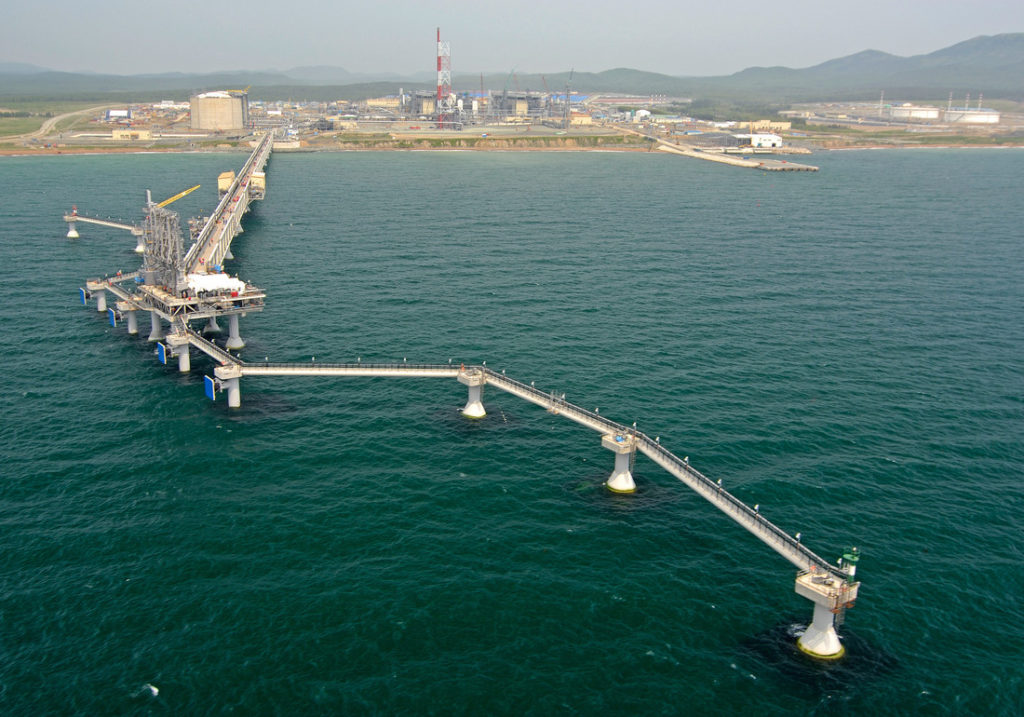Bloomberg: Europe still paying Russia billions for gas despite Ukraine war
European imports of Russian natural gas have begun to rise again, reaching 20% of total imports this year after dropping to 15% in 2023, signaling a potential reversal in efforts to reduce dependency.


Despite nearly three years of war in Ukraine, Europe continues to purchase billions of euros worth of Russian natural gas, with some of it flowing through Ukrainian territory itself, Bloomberg reports.
Ukraine charges Moscow approximately €800 million ($862 mn) annually in transit fees for using its pipeline infrastructure. Bloomberg calls it “one of the most preposterous examples of realpolitik.”
Europe has significantly reduced its dependence on Russian gas from 45% of total imports before the war to 15% last year. However, according to Bloomberg, this reduction stalled and is now reversing. Current data shows that Russian gas will comprise about 20% of European imports in 2024.
According to the report, the situation creates a paradoxical flow of money.
“Europe pays Russia for gas; Russia uses that money to wage war against Ukraine; in turn, Europe gives money to Ukraine to stop Russia. Thus, the continent is bankrolling both sides of the conflict,” Bloomberg explains.
The contract governing gas flows through Ukraine expires on 1 January 2025. Kyiv refused to negotiate with Moscow because the pipeline’s entry point is in Sudzha, which Bloomberg reports is now under Ukrainian control.
European Union Energy Commissioner Kadri Simson has warned against continued reliance on Russian gas, saying, “There are no excuses. The EU can live without this Russian gas. This is a political choice, and a dangerous one.”
While Simson is correct about the dangers, Bloomberg reported that she’s “wrong in arguing that Europe can live without this energy source” without significant economic consequences.
Spain increased its dependence on Russian LNG. It has become the country’s second-largest source of gas imports after Algeria.
France and Belgium also import near-record volumes of Russian LNG, with many of these supplies flowing to Germany.
Read also:
- Financial Times: Türkiye blocks US military technology exports to Russia under pressure
- Pentagon confirms Ukraine’s claim: North Korean troops now in Russia
- EU energy ministers weigh options for Russian gas transit as Ukraine transit deal expires
You could close this page. Or you could join our community and help us produce more materials like this.
We keep our reporting open and accessible to everyone because we believe in the power of free information. This is why our small, cost-effective team depends on the support of readers like you to bring deliver timely news, quality analysis, and on-the-ground reports about Russia's war against Ukraine and Ukraine's struggle to build a democratic society.
A little bit goes a long way: for as little as the cost of one cup of coffee a month, you can help build bridges between Ukraine and the rest of the world, plus become a co-creator and vote for topics we should cover next. Become a patron or see other ways to support.



